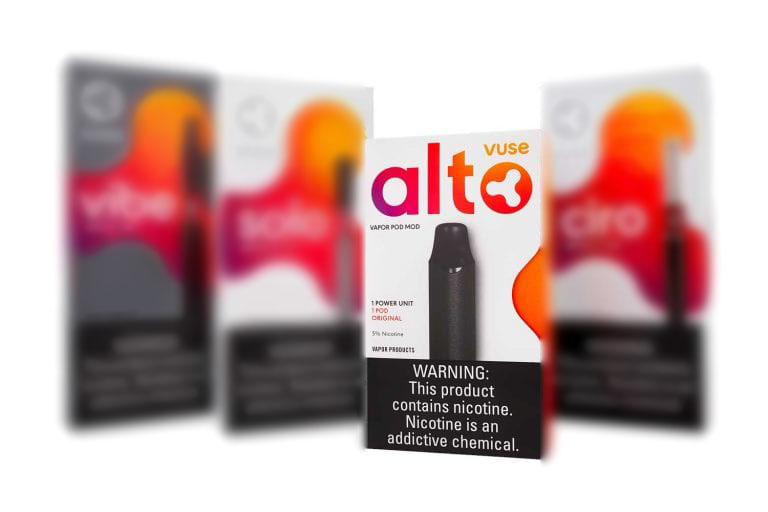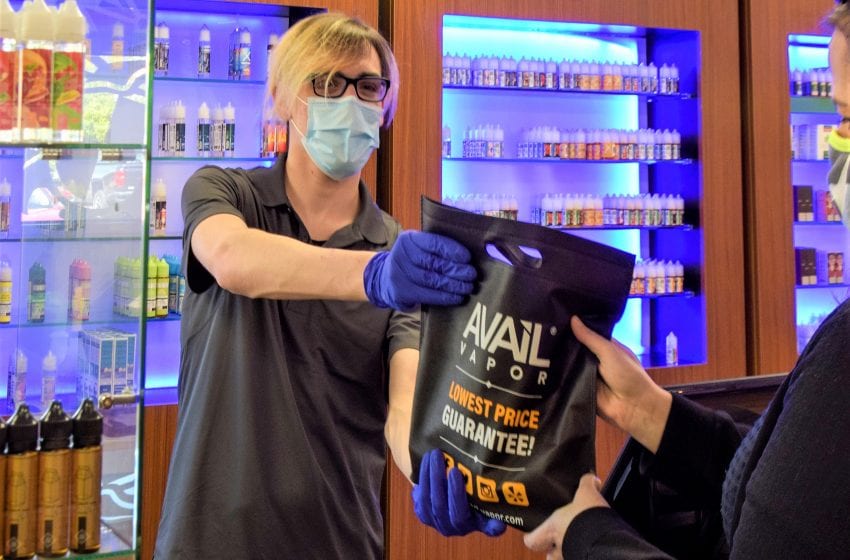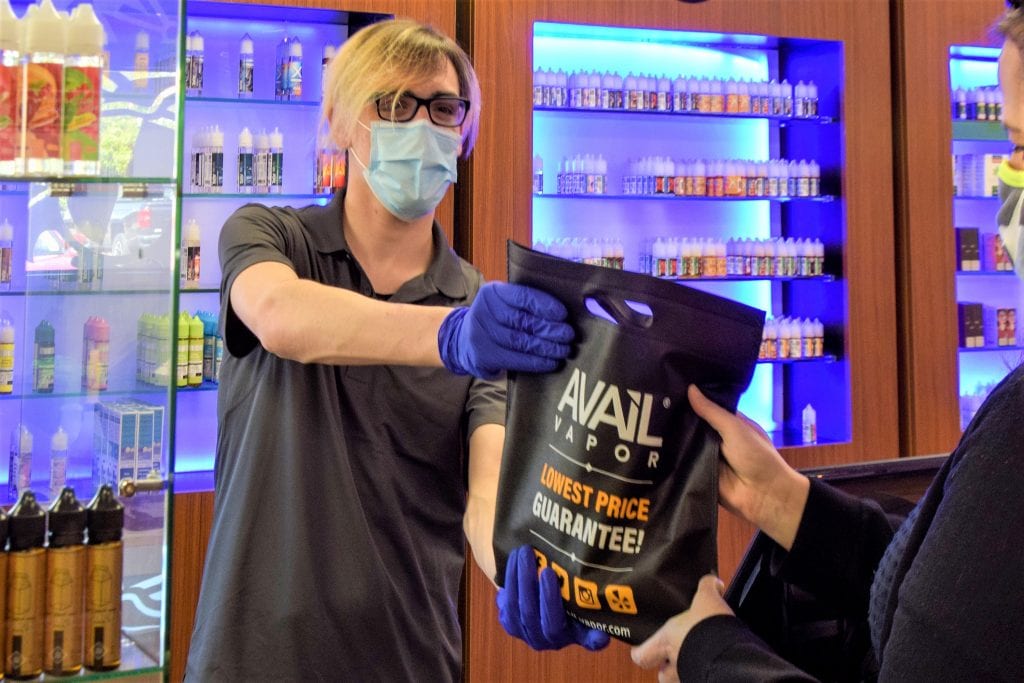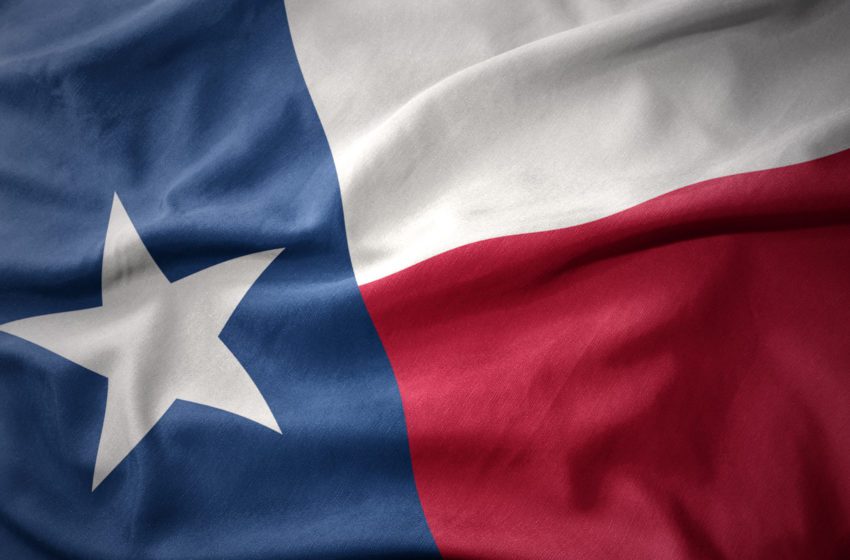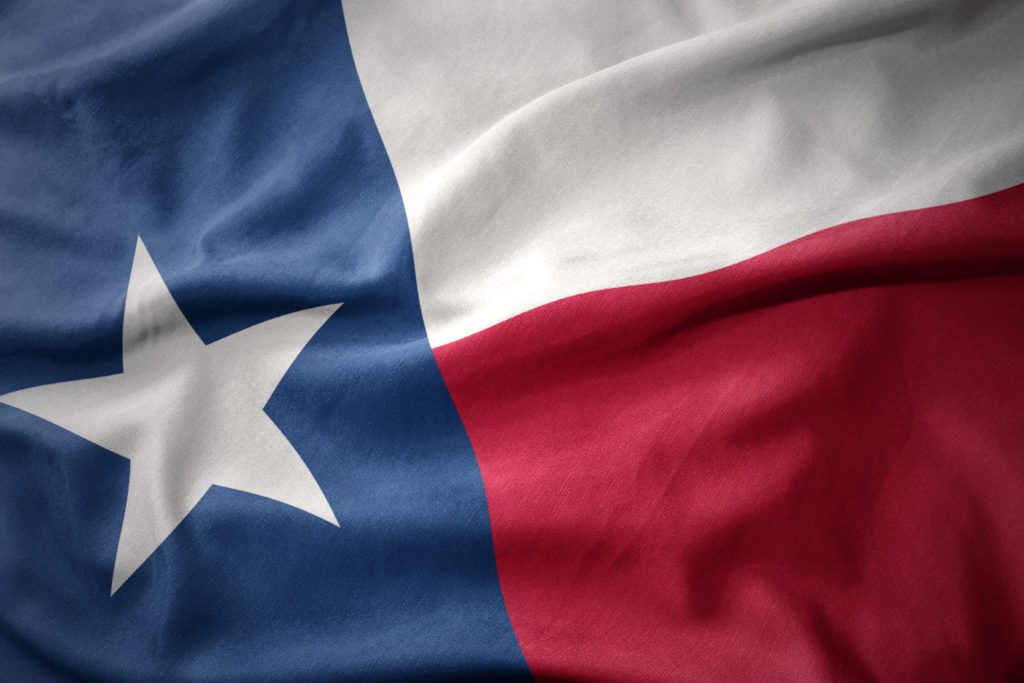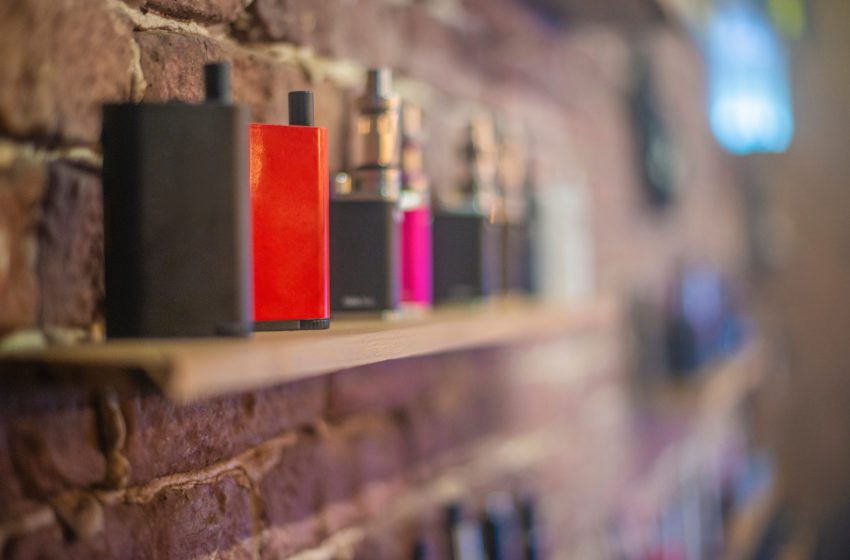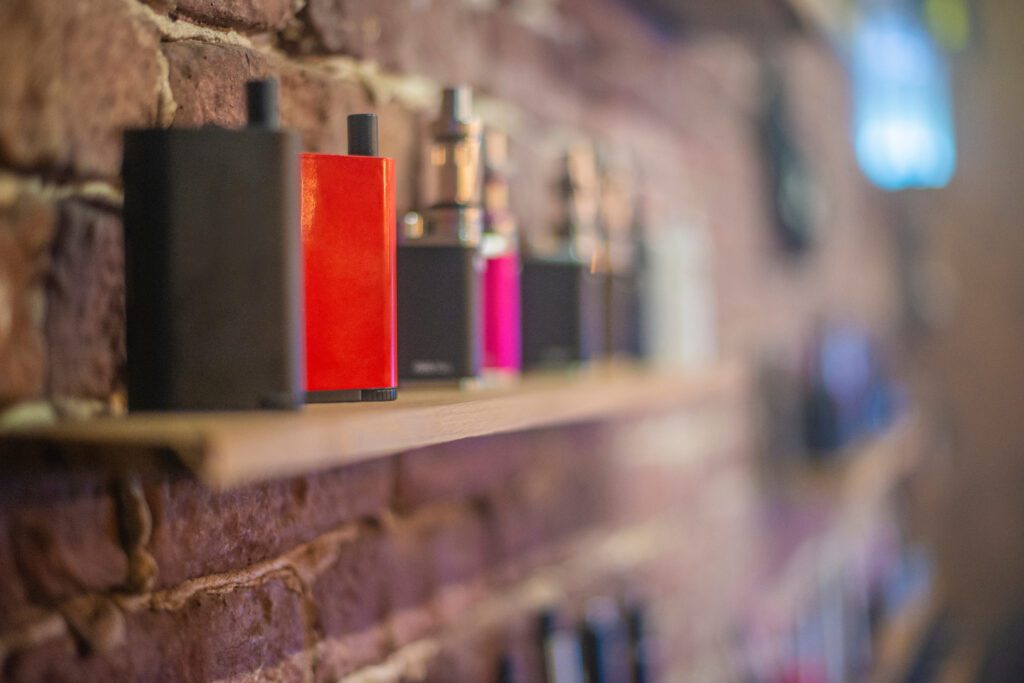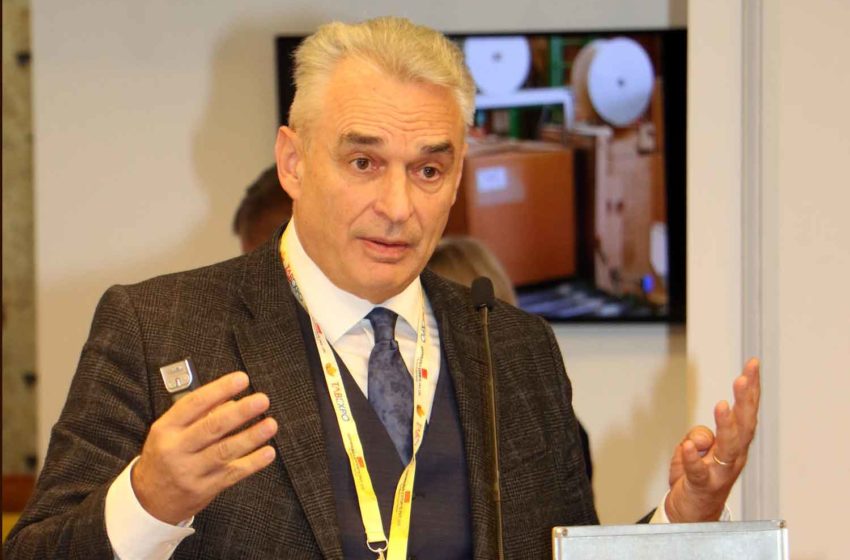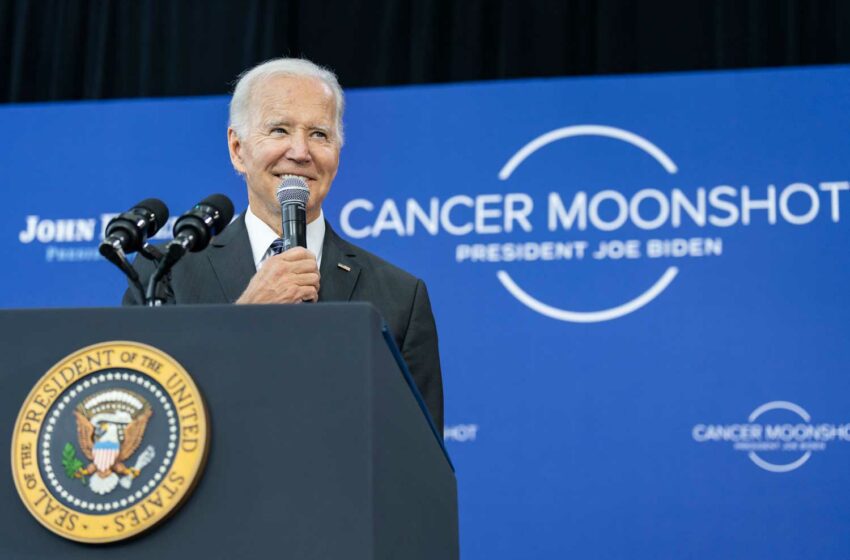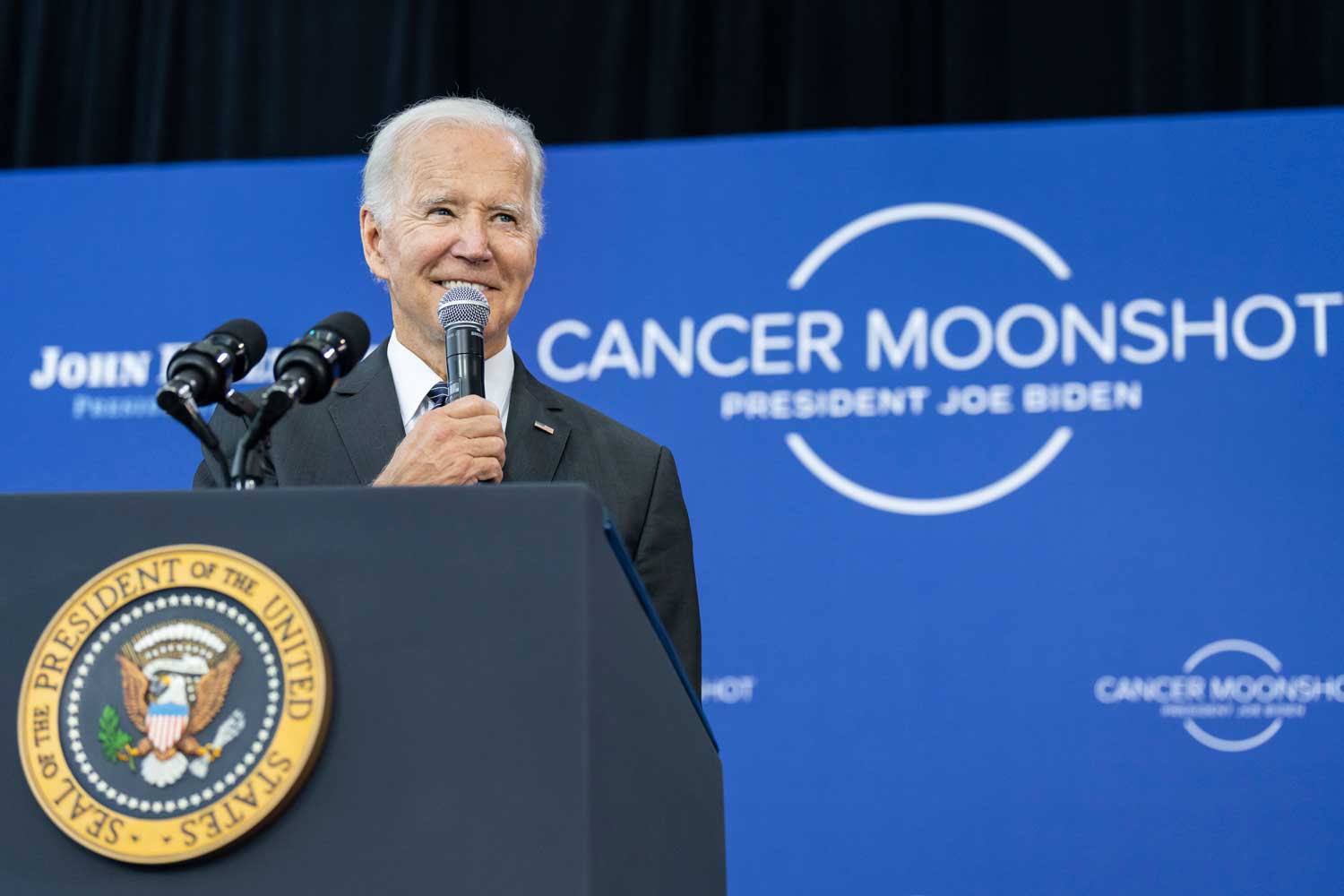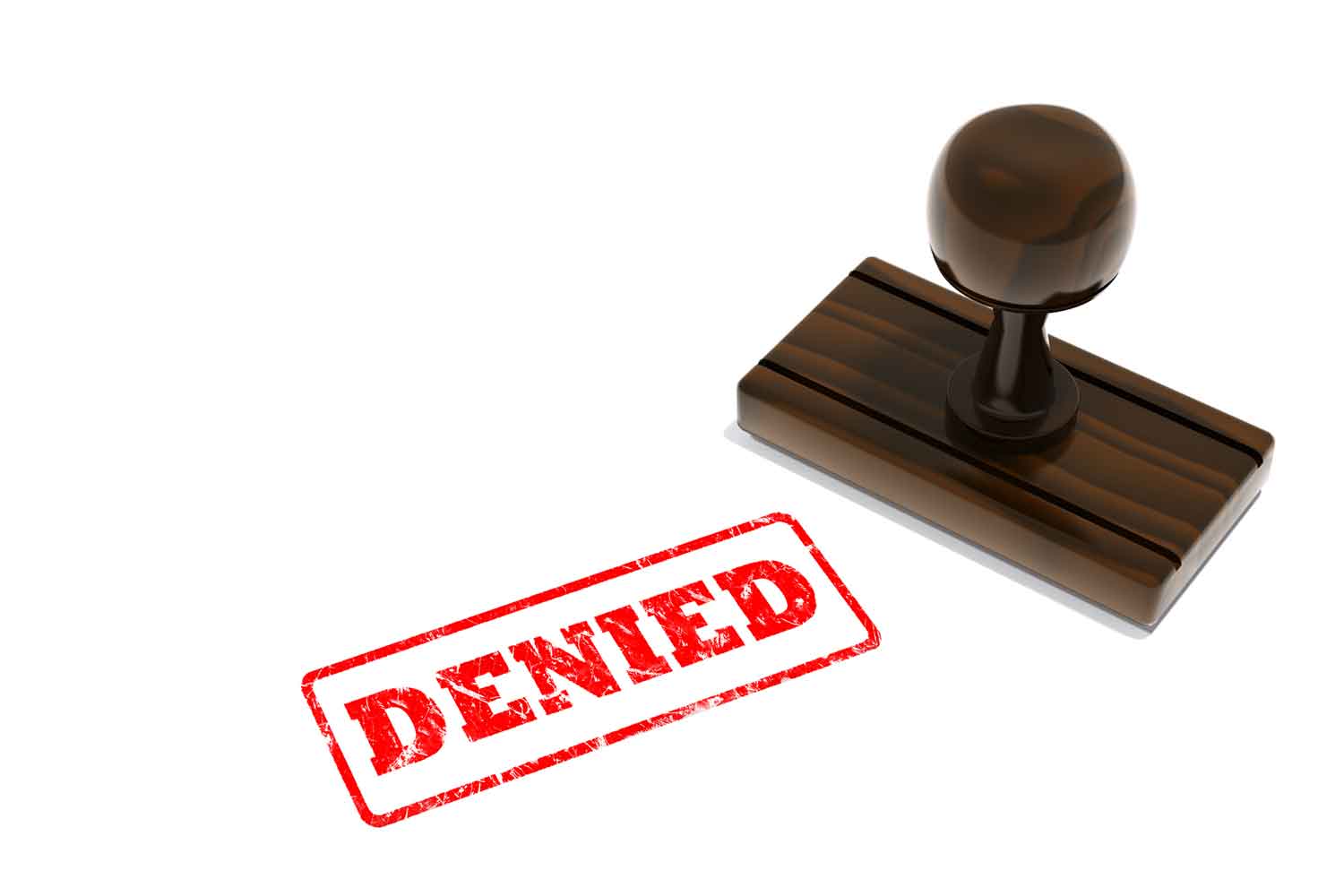
The U.S. Food and Drug Administration on Oct. 12 issued marketing denial orders (MDOs) to R.J. Reynolds Vapor Co. for six flavored e-cigarette products under its Vuse Alto brand. This includes three menthol-flavored and three mixed berry-flavored products, with each flavor being offered in three nicotine strengths.
After reviewing the company’s PMTAs, the FDA determined that the applications lacked sufficient evidence to demonstrate that permitting marketing of the products would be appropriate for the protection of the public health, which is the standard legally required by the 2009 Family Smoking Prevention and Tobacco Control Act.
Specifically, evidence submitted by the applicant did not demonstrate that the menthol- and mixed berry-flavored products provided an added benefit for adults who smoke cigarettes—in terms of complete switching or significant smoking reduction—relative to that of tobacco-flavored products that is sufficient to outweigh the known risks to youth, according to the agency.
“We review each application on its own merits, and it’s the responsibility of the applicant to provide sufficient science to support the product they’re seeking to market,” said Matthew Farrelly, director of the FDA’s Center for Tobacco Product’s Office of Science. “If an application contained sufficient scientific evidence to meet the necessary public health standard, including a non-tobacco-flavored product, we’d authorize the product. But such evidence was lacking in this case.”
Vuse is the most commonly sold e-cigarette brand in the U.S., with Vuse Alto being its most popular sub-brand. Further, findings from the National Youth Tobacco Survey (NYTS) show that Vuse e-cigarettes, which are cartridge-based products, have been the second most commonly reported e-cigarette brand used by youth in the U.S. since 2021.
These actions are among many the FDA has taken to ensure any tobacco products that are marketed in the U.S. undergo science-based review and receive marketing authorizations by the agency. The FDA has received applications for more than 26 million deemed products and has made determinations on 99% of these applications.
To date, the FDA has authorized 23 tobacco-flavored e-cigarette products and devices, which are the only e-cigarettes that currently may be lawfully sold or distributed in the U.S. These authorizations include other products under the Vuse brand, including tobacco-flavored Vuse Vibe and Vuse Ciro devices and accompanying cartridges. Applications for six tobacco-flavored Vuse Alto products remain under FDA review.

